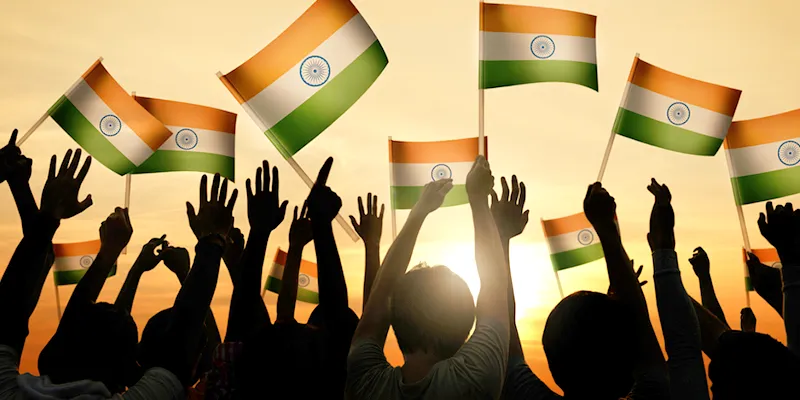Startup India must Standup for Bharat
I was reading a story in a leading newspaper which talked about the different degrees of success that startups have achieved in metro and non-metro cities of India. The story mentioned that many startups which succeeded in metro cities had to withdraw their operations from non-metro cities. Like many other counties in the world, India too is divided between people who have the time but little resources and people who have resources but little time. To a great extent, this is also one of the factors that differentiates India from Bharat. This also means that there are different needs and pain points for both types of markets. A finer understanding of this would eventually be the reason for success or failure among startups in non-metro cities and rural India.

Unlike a metro where people do not have the luxury of time to visit a nearby vegetable mandi or grocery store or food joint, people in small towns and rural areas prefer to visit nearby stores or food joints to cater to their needs. It is not only the time factor but also cultural factors that contribute towards this behaviour. I remember my own childhood days in small towns when I used to accompany my father every day to the vegetable market. Apart from buying vegetables, meeting people and, of course, a bit of walking to keep ourselves healthy were also reasons that defined this habit. Therefore, the approach of a startup on grocery supply or a food selling has to be different in small towns and rural areas.
While there appear to be behavioural differences between India and Bharat, I would still believe that Bharat holds greater potential and opportunities for startups. Today, there may not be any need for a grocery or vegetable supplier or food delivery vendor in Bharat but it certainly has its own needs and pain points, which the startup can address.
Bharat surely needs a startup that can provide hassle-free market supply to its produces. If Startup India can create a business out of this need and put in place a mechanism that can ensure that agri products, milk and poultry from Bharat reaches markets in a much simpler and easier manner, it will surely succeed in Bharat. So instead of supplying vegetables to homes from a market, Bharat needs a startup that can supply vegetables from homes to markets.
Bharat needs a startup that can cater to their health care needs. Can the business interest be aligned with citizen’s needs in this field? Most of the health issues in Bharat arise due to poor sanitation. This in itself explains the market potential of Bharat as far as sale of health care goods are concerned. Poor diagnosis of health problems is a major problem in Bharat, which can be solved by a venture in smart diagnostic systems that can reach every household. If a start-up can explore this potential and connect demand with supply, there is no reason why startup will not succeed in Bharat.
The call for Swacch Bharat given by the Hon’ble Prime Minister has witnessed an unprecedented surge in efforts made by the entire country in cleaning the filth around us. There are a number of inspiring success stories in this field. Cleanliness and waste disposal is a big challenge in Bharat, which lacks sophisticated systems of waste disposal. Taking a lesson from the behaviour of people who do not throw their newspapers into a dustbin every day and instead keep them safe and sell them at the end of month, it can be concluded that if a price tag is attached to waste, people will not throw things away randomly. There lies great potential for a startup in smarter waste management. If a startup can be innovative enough to put a price tag on the waste generated by people and put that to meaningful use such as energy generation or recycled products or compost for farming, there is no reason why that startup will not succeed in Bharat.
Bharat today is not waiting for charity from India, as we used to read in traditional literature of yesteryear. Bharat is full of aspiration, hope and self-belief. It is fast embracing technology despite all odds. These positive values of Bharat must generate optimism among startups who wish to succeed in Bharat. Can India’s startups reach out to these women and men and partner with them in building a brighter tomorrow for all? Ventures that can overcome conventional barriers in education and skill development through innovation and technology can address these aspirations. Aggregators that can bring out the talented young potential from Bharat and connect them with India’s (and the world’s) market opportunities will surely succeed in Bharat. E-commerce ventures that can provide global market access to arts, crafts, music and traditions of Bharat would not only add variety into their product portfolio but also bring about empowerment in Bharat.
The key to success in Bharat lies in a deeper understanding of its needs and building innovations around that. Mere replication of ideas that worked in the urban context or elsewhere in the world may not be the right approach to succeed in small towns and rural areas of India. The growth mantra for Startup India is to innovate and Stand up with Bharat to offer solutions to the problems that are unique to them. Think about it!







